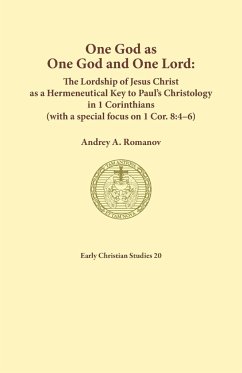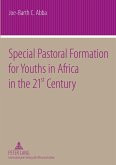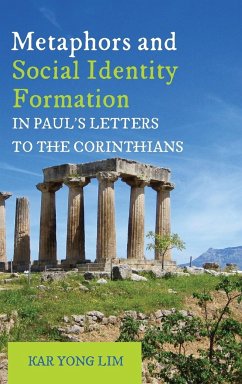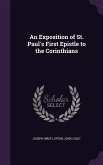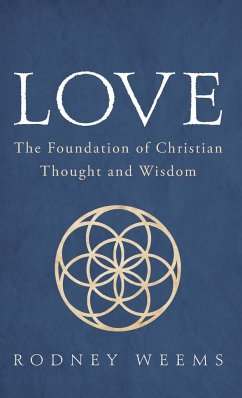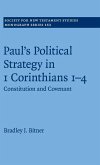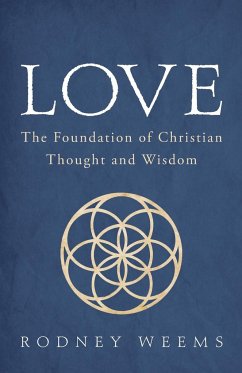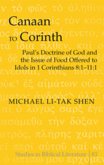This exegetical analysis of 8:4-6 contributes to the ongoing discussion on Paul's Christology and its role in the development of Early Christian thought. Paul's representation of Jesus Christ as the Lord is analyzed in relation to Hellenistic, Roman, and Jewish religious worldviews in which other figures were also called lords. Implying a correlation between status and function of a particular lord and therefore denoting objective characteristics, 'Lordship' allows the categorization of various ¿¿¿¿¿¿-figures and the discernment of Christ's peculiarities as ¿¿¿¿¿¿. For Paul, 'one God the Father' and 'one Lord Jesus Christ' are coworkers in the universal process from creation to salvation. These unique functions indicate their unique status as the absolute Lords. Jewish tradition already presented the God of Israel as One true God because He is the absolute Lord, but now Paul includes both God the Father and the Lord Jesus Christ in the One Godhead. This analysis points to the historical and theological continuity in understanding and transmission of Christian Truth. The Christology of the Church Fathers is deeply rooted in Paul's representation of the figure of Christ.
Hinweis: Dieser Artikel kann nur an eine deutsche Lieferadresse ausgeliefert werden.
Hinweis: Dieser Artikel kann nur an eine deutsche Lieferadresse ausgeliefert werden.

